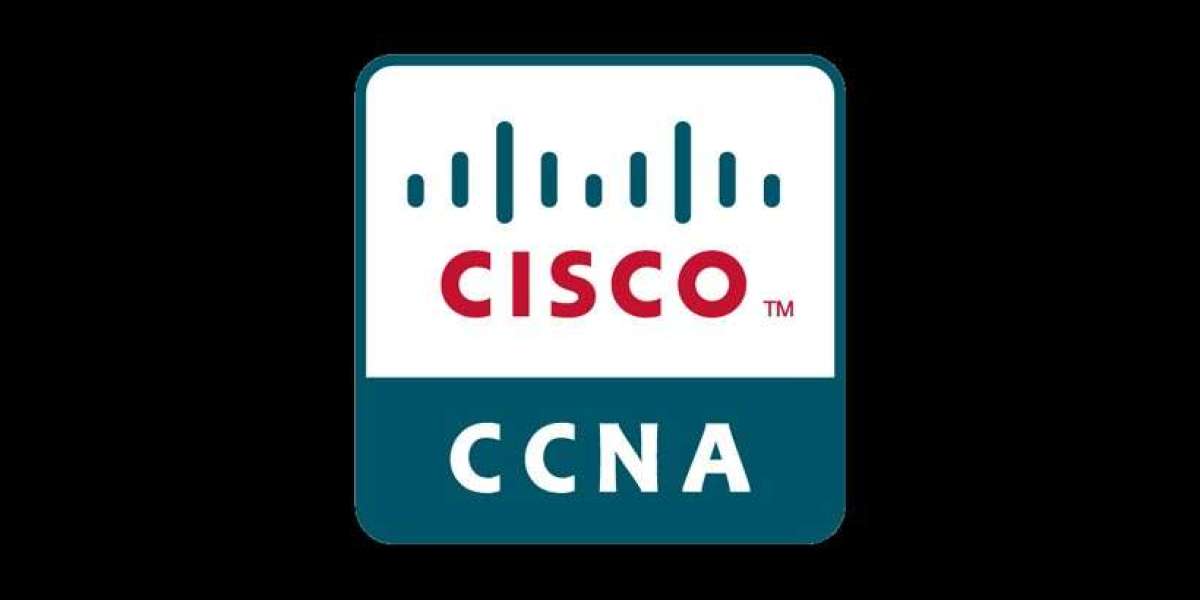Cardiology, as a highly specialized branch of medicine, requires a unique blend of advanced medical knowledge, technical expertise, and interpersonal skills. With the increasing prevalence of cardiovascular diseases in India, the demand for highly qualified cardiologists is on the rise. As such, recruiters in India look for a combination of qualifications, hands-on experience, and personal qualities when hiring cardiologists. This article outlines the key skills and experiences that recruiters seek in potential candidates.
1. Advanced Medical Knowledge and Clinical Expertise
The foundation of a successful cardiologist is their deep understanding of cardiovascular anatomy, pathology, and the latest treatment methodologies. Recruiters expect candidates to have an extensive and up-to-date knowledge base. Cardiologists are expected to diagnose and manage a wide array of heart conditions, including hypertension, coronary artery disease, heart failure, arrhythmias, and congenital heart defects.
- Clinical Skills: Cardiologists must be proficient in clinical examination techniques, such as auscultation and palpation, and should be able to interpret diagnostic tests, including ECGs, echocardiograms, and stress tests. They must also be skilled in conducting invasive procedures, such as angioplasty, stenting, and catheterization, particularly if applying for interventional cardiology roles.
- Specialization Knowledge: Depending on the job, recruiters may also look for specialized knowledge in certain areas. For instance, interventional cardiology, which involves minimally invasive procedures to treat heart conditions, requires additional expertise. Similarly, electrophysiology, which deals with the electrical system of the heart, requires specialized training.
2. Hands-On Experience and Practical Application
Experience plays a crucial role in a cardiologist's ability to perform complex procedures and manage critically ill patients. While a cardiologist’s theoretical knowledge is important, recruiters place immense value on practical experience. Experienced cardiologists can not only handle routine cases with confidence but also manage high-pressure situations, such as emergencies arising from acute heart attacks or arrhythmias.
- Clinical Rotations and Fellowships: During the super-specialization phase (such as the DM in Cardiology), recruiters value those who have completed high-quality clinical rotations and fellowships. These experiences provide hands-on exposure to diverse heart conditions, refining diagnostic and procedural skills. Fellows or postgraduates who have specialized in a niche area, like pediatric cardiology or heart failure management, are also highly sought after.
- Experience with Cardiac Equipment and Technology: With the advancement of medical technology, cardiologists must be adept at using state-of-the-art diagnostic equipment. This includes the ability to operate sophisticated machines for echocardiography, CT angiography, MRI, and pacemakers. Recruiters value candidates who are comfortable working with cutting-edge technology to diagnose and treat patients accurately.
3. Ability to Work Under Pressure
Cardiologists frequently encounter life-threatening situations, such as patients in acute myocardial infarction (heart attack) or severe arrhythmias, where every second counts. The ability to remain calm, make quick decisions, and act decisively is essential.
- Decision-Making Skills: Cardiologists must make critical decisions, such as whether a patient requires surgery, whether to prescribe a specific medication, or how to respond to sudden changes in a patient’s condition. Recruiters look for candidates who can demonstrate sound clinical judgment under high-stress conditions.
- Ability to Handle Emergency Situations: Experience in handling emergency cardiac cases, including acute coronary syndromes, arrhythmias, and heart failure crises, is highly desirable. Cardiologists must not only diagnose but also stabilize patients in the shortest possible time, ensuring that they receive the appropriate interventions.
4. Strong Interpersonal and Communication Skills
While medical expertise is at the core of a cardiologist’s work, their ability to communicate effectively with patients and colleagues is equally important. Cardiologists work closely with a wide range of healthcare professionals, including nurses, general physicians, and other specialists, so the ability to collaborate is essential. Moreover, cardiologists must communicate complex medical information in a clear and empathetic manner to patients and their families.
- Patient Interaction: Cardiologists must be able to discuss potentially life-threatening conditions with patients in a manner that is both clear and compassionate. Recruiters look for those who can build trust with patients, offer comfort, and explain treatment options in a non-technical way. As many heart diseases have lifestyle components, a cardiologist must be able to counsel patients about lifestyle changes, including diet, exercise, and smoking cessation.
- Teamwork: Cardiologists often work in multidisciplinary teams alongside other specialists like endocrinologists, nephrologists, and radiologists. The ability to collaborate and communicate effectively with other healthcare providers is crucial to provide the best patient care.
5. Commitment to Continuous Learning and Professional Development
Cardiology is a rapidly evolving field, with new diagnostic techniques, treatments, and medications being introduced regularly. Recruiters prefer cardiologists who are committed to continuous professional development and are proactive about staying updated with the latest trends and research in the field.
- Attending Conferences and Workshops: Cardiologists who participate in national and international cardiology conferences or workshops demonstrate a commitment to learning. These events provide opportunities for networking, staying updated on new technologies, and learning from experts in the field.
- Research and Innovation: Recruiters look for candidates who are involved in cardiology-related research. Engaging in research helps cardiologists stay abreast of the latest evidence-based practices, and it also enhances their credibility as experts in the field. Publishing research papers in renowned medical journals or presenting at conferences can significantly improve a cardiologist’s prospects.
6. Leadership and Administrative Skills
Cardiologists in leadership roles, such as department heads or senior consultants, are expected to manage teams of medical professionals, oversee patient care, and contribute to the administrative functions of healthcare institutions. Leadership qualities, including decision-making, delegation, and conflict resolution, are valuable traits for recruiters.
- Team Management: Cardiologists often lead teams during complex surgeries or procedures, and recruiters seek those who can efficiently manage and guide their teams. Effective team management ensures that the patient receives the highest standard of care in a collaborative environment.
- Administrative Abilities: Cardiologists working in hospitals or large clinics often have to take on administrative responsibilities, such as managing patient records, overseeing treatment protocols, or contributing to hospital policies. Strong organizational skills, attention to detail, and an understanding of healthcare management processes are highly valued by recruiters.
7. Ethics and Compassionate Patient Care
Finally, recruiters look for cardiologists who demonstrate a strong ethical framework and a commitment to providing compassionate, patient-centered care. Cardiologists are often tasked with making difficult decisions, such as determining when to pursue aggressive interventions or when to prioritize palliative care. Ethical decision-making, a sense of responsibility, and empathy for patients and their families are crucial attributes for cardiologists.
Conclusion
In conclusion, recruiters hiring cardiologists in India seek a blend of technical proficiency, clinical experience, interpersonal skills, and commitment to continuous learning. Cardiologists must be adept at managing complex medical conditions, using advanced technology, making quick decisions under pressure, and maintaining strong relationships with patients and colleagues. Whether in a hospital setting or private practice, a successful cardiologist must possess not only advanced medical knowledge but also the emotional intelligence, leadership, and ethical mindset required to provide the best care for patients and contribute to the broader healthcare community.








